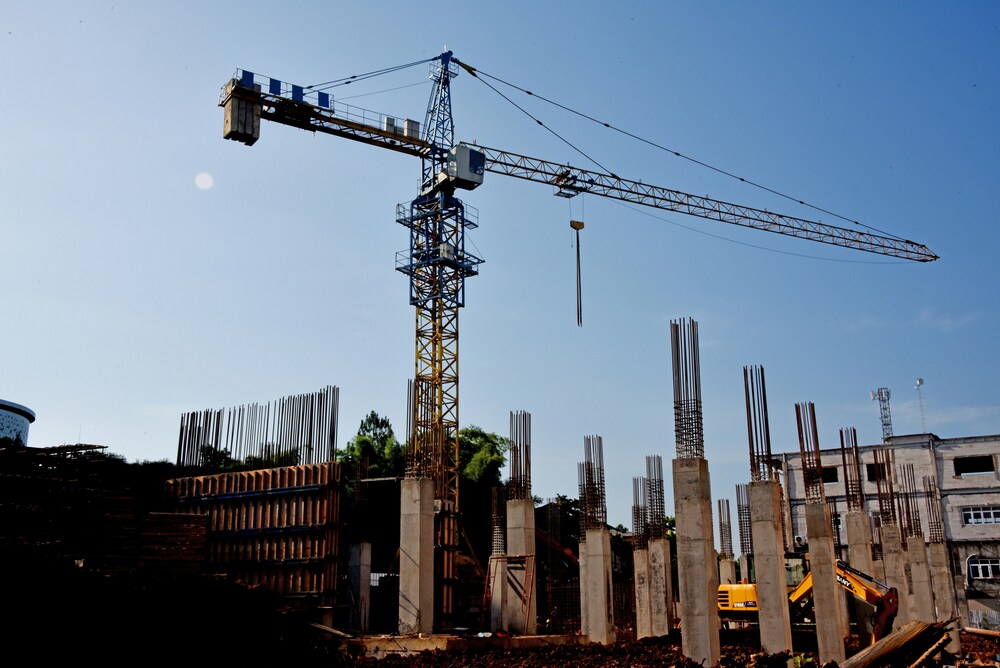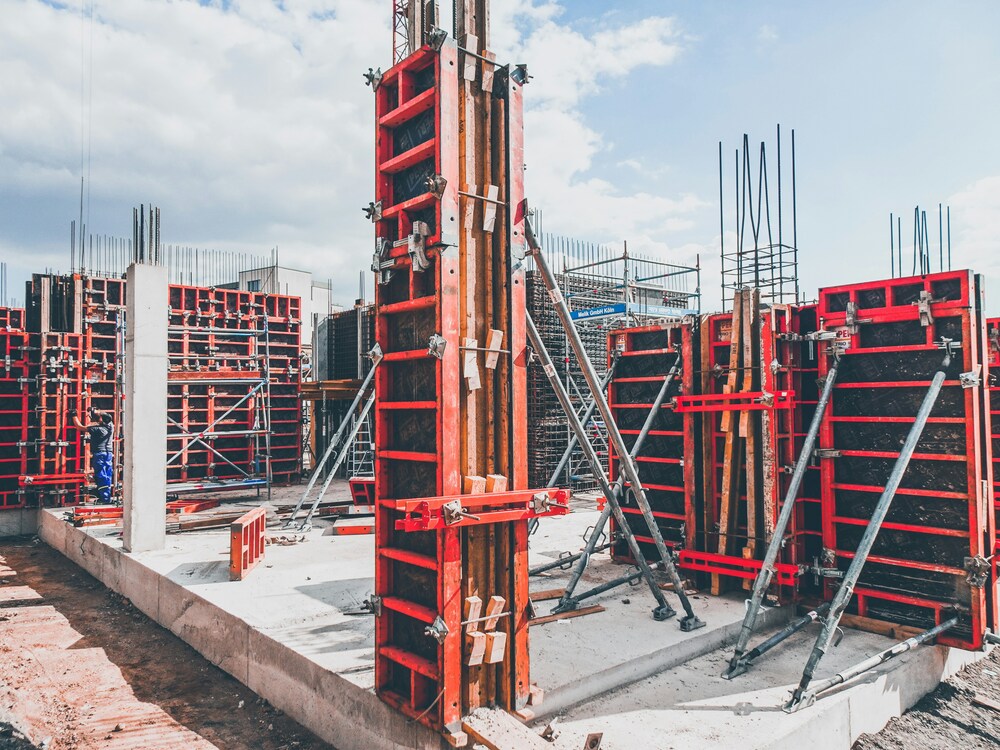- Home
- Articles
- Architectural Portfolio
- Architectral Presentation
- Inspirational Stories
- Architecture News
- Visualization
- BIM Industry
- Facade Design
- Parametric Design
- Career
- Landscape Architecture
- Construction
- Artificial Intelligence
- Sketching
- Design Softwares
- Diagrams
- Writing
- Architectural Tips
- Sustainability
- Courses
- Concept
- Technology
- History & Heritage
- Future of Architecture
- Guides & How-To
- Art & Culture
- Projects
- Interior Design
- Competitions
- Jobs
- Store
- Tools
- More
- Home
- Articles
- Architectural Portfolio
- Architectral Presentation
- Inspirational Stories
- Architecture News
- Visualization
- BIM Industry
- Facade Design
- Parametric Design
- Career
- Landscape Architecture
- Construction
- Artificial Intelligence
- Sketching
- Design Softwares
- Diagrams
- Writing
- Architectural Tips
- Sustainability
- Courses
- Concept
- Technology
- History & Heritage
- Future of Architecture
- Guides & How-To
- Art & Culture
- Projects
- Interior Design
- Competitions
- Jobs
- Store
- Tools
- More
Essential Steps to Launch Your Construction Company from Scratch

Table of Contents Show
Starting a construction company from scratch can feel like you’re standing at the edge of a massive, untapped field. You might be excited about the possibilities but also aware of the challenges ahead. With the right steps, you can transform that field of dreams into a thriving business reality.
Creating a construction company isn’t just about having a few tools and a team. You need a clear business plan, a strong network, and an understanding of your market’s needs to lay a solid foundation. Securing the necessary licenses and permits is vital, as these ensure your operation is legitimate and trustworthy.
Cash flow management, a reliable team, and a keen eye on project quality are key factors that will influence your success. By focusing on these essentials, you’re setting your company up not just to launch, but to grow and thrive.
Building the Foundation of Your Construction Company
Creating a strong base for your construction business involves several critical steps. These range from clarifying your purpose and market to deciding on the right legal structure and developing a unique brand.
Conducting Thorough Market Research
Before laying bricks, understand your market landscape. Identify competitors and assess their strengths and weaknesses. Dive into local or regional demand for certain construction services.
Research permits you to spot opportunities and potential challenges. Engage with potential clients through surveys to grasp their needs. Establish connections with local industry professionals to gauge market temperature.

Choosing a Business Structure
Deciding on a business structure is pivotal. Structures like sole proprietorship, partnership, or corporation, each have unique implications for taxes and liability.
Evaluate each structure with your long-term goals. Consulting with legal or financial experts can provide clarity. Ensure the chosen structure supports your growth ambitions and operational needs.
Crafting a Memorable Brand Identity
A strong brand distinguishes you from competitors. From your logo to your company colors, your brand should resonate with your target clients. Reflect on what makes your services unique.
Develop an engaging and consistent message that communicates your values. Invest in a professional logo and clear, memorable name to represent your company. A cohesive brand builds trust and can attract potential clients.
Legal and Financial Essentials to Get Started
Launching a construction company involves a mix of legal procedures and smart financial planning. You’ll need to register your business, obtain the right licenses and permits, and sort out banking and insurance arrangements to ensure everything runs smoothly.
Registering Your New Business
The first step is to choose a suitable business structure, like a sole proprietorship, partnership, or corporation. Each structure comes with its own legal and tax implications. Once decided, register your company name with the state or relevant authority.
Make sure your business name is unique to avoid legal issues later on. Don’t forget to obtain an Employer Identification Number (EIN) from the IRS for tax purposes. This number is crucial for opening a business bank account and filing taxes. Keep all registration documents safe and organized.
Securing Required Licenses and Permits
A construction company must operate legally within the framework of local regulations. First, research the specific licenses and permits needed for your area and type of work. This may include a contractor’s license or permits for specific construction activities.
You might also need environmental clearances or zoning permits. Stay informed about local building codes and comply with safety regulations to avoid penalties or delays. Keeping these documents current is essential to maintaining legal operations and building a good reputation.
Setting Up Business Banking and Insurance
A dedicated business bank account separates personal and business finances, providing clear financial tracking. Look into different banks and types of accounts to find one that fits your specific needs. Open a checking account and consider getting a business credit card for short-term expenses.

Insurance is another critical element. Evaluate the different types of coverage options such as general liability, workers’ compensation, and property insurance. Protecting your assets and ensuring employee safety will safeguard your business from unexpected financial hits. Engage with an insurance expert to tailor coverage to your specific risks.
Assembling the Perfect Team and Resources
Start by building a solid foundation for your construction company. It means finding the right people to join your team and ensuring you have the equipment and materials needed. Staying on top of safety and compliance is essential for long-term success.
Hiring Qualified Professionals
To hire the right people, you need to know what roles are essential for your projects. Consider key positions like project managers, site supervisors, and skilled tradespeople. Networking plays a critical role. Attend industry events and participate in forums to find talent.
When interviewing candidates, look for those with a proven track record and excellent recommendations. Offer competitive pay and employee benefits to attract top talents. An attractive work environment retains those you hire, promoting a strong team culture and project success.
Sourcing Reliable Equipment and Materials
The equipment you choose impacts work quality and efficiency. Create a list of essential machines, such as excavators, bulldozers, cranes, and manual lathes, based on your project types. Leasing can be a flexible option if buying outright isn’t feasible. Proactive maintenance schedules minimize equipment downtime, keeping your projects on track.
Selecting materials is another critical step. Partnering with reputable suppliers guarantees the quality and reliability of materials like concrete and steel. Conduct regular checks on supply chains to avoid disruptions. Negotiate long-term contracts with providers for better rates and consistent quality, ensuring your projects continue smoothly.
Implementing Safety and Compliance Protocols
Safety isn’t just an obligation; it’s a commitment to your team’s health. Develop a comprehensive safety plan tailored to your project needs. This plan should address common construction hazards, such as falls and equipment accidents. It’s also wise to consult a personal injury lawyer, who can help you understand potential liabilities and make sure your plan holds up legally if an accident occurs.
Regular training sessions keep your team updated on safety practices. Encourage a culture where everyone feels responsible for reporting issues. Maintaining compliance with local regulations is crucial; have a robust system to monitor changes in laws related to construction standards.
Invest in safety gear and ensure it’s readily available on-site. Prioritizing safety helps prevent accidents and can save costs linked to legal liabilities.
Launching and Growing Your Construction Company
Launching your construction company requires strategic planning and dedication. Growth comes through establishing strong marketing strategies, fostering relationships, and consistently delivering high-quality projects.
Developing a Strategic Marketing Plan
Crafting an effective marketing plan is crucial for getting your name out there. Start by identifying your target audience. Understand their needs and preferences to tailor your services.

Leverage digital marketing: build a website, optimize it for SEO, and engage on social media platforms. If your company works with clients in finance or technology, consider partnering with agencies that offer fintech PR services to reach niche audiences more effectively.
Consider offering special promotions to attract initial clients. Gather testimonials from satisfied customers to boost your credibility. Keep your marketing plan flexible to adapt to the market changes and adjust your strategies.
Building Relationships With Clients and Partners
The backbone of any successful construction business is strong, trustworthy relationships. Communicate openly and consistently with clients and partners, keeping them informed about project milestones and potential challenges. Use this open communication to foster trust and get repeat business.
Seek partnerships with suppliers who offer quality materials and timely deliveries, or collaborate with a company that offers reliable building maintenance to provide clients with continued support after project completion. Join local business associations to network with other professionals in the industry. Building solid partnerships can lead to more business opportunities through referrals and joint ventures.
Conclusion
Starting a construction company from scratch is no small task, but with clear goals, strong planning, and a commitment to quality, you can build more than just structures—you can build a lasting business.
From securing the right licenses to forming reliable partnerships and delivering exceptional projects, every step you take lays another brick in your foundation for success. Stay focused, adapt to challenges, and lead with integrity, and your construction company won’t just launch—it will thrive for years to come.
illustrarch is your daily dose of architecture. Leading community designed for all lovers of illustration and #drawing.
Submit your architectural projects
Follow these steps for submission your project. Submission FormLatest Posts
Drones in Modern Construction: Redefining Site Analysis and Architectural Control
Drones are reshaping modern construction by offering architects new ways to observe,...
Overcoming Industrial Construction Challenges
Table of Contents Show Start With Risk-First Planning, Not Wishful SchedulingProtect Safety...
The Role of Insurance in Building a Resilient Construction Business
Table of Contents Show Contract Works Insurance: Protects materials and work in...
Specialised Construction Services: From Foundations to Site Clearance
Table of Contents Show The Role of Specialist ContractorsWhy Specialisation MattersFinding the...












Leave a comment